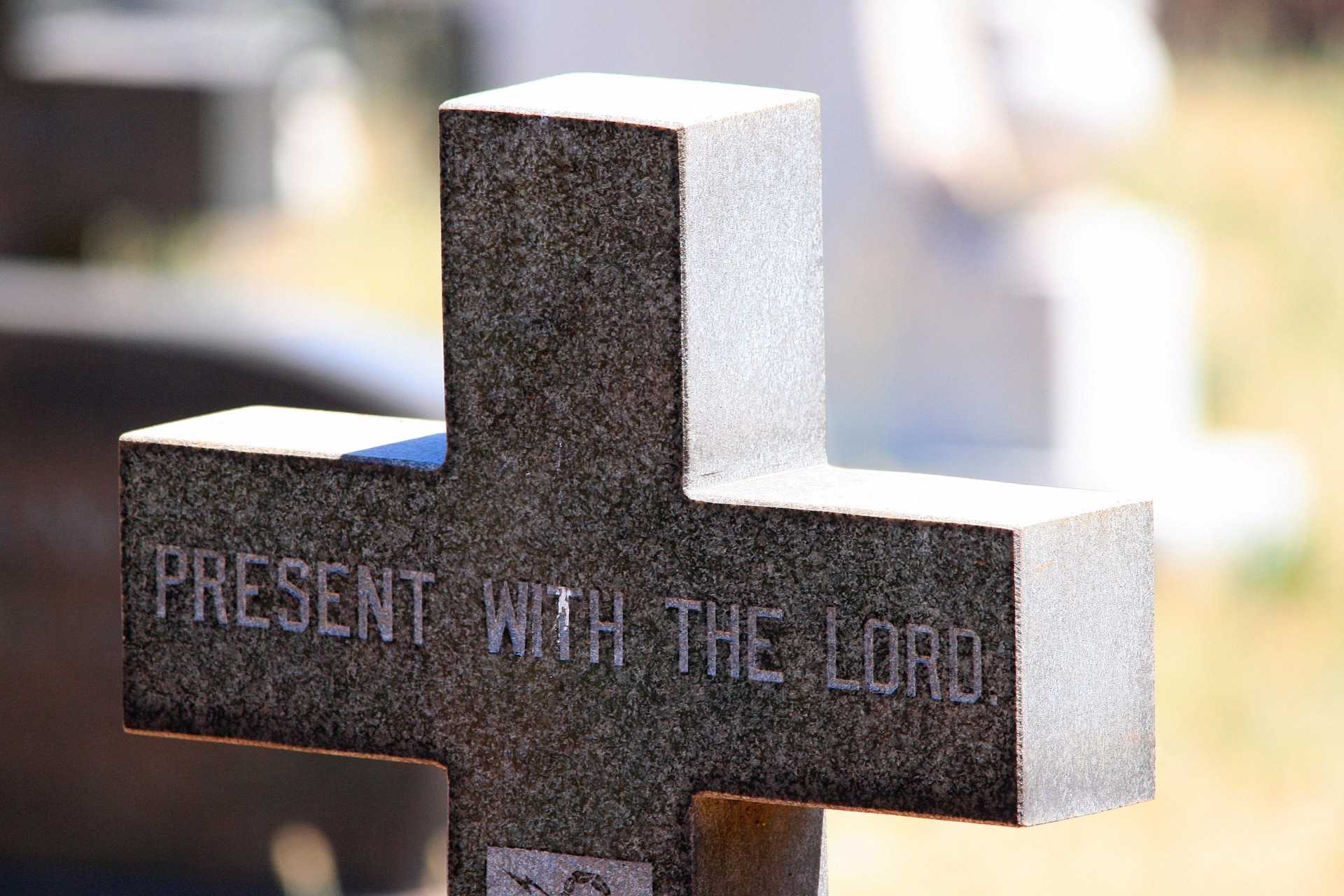
AUSTIN, Texas — The Texas Senate has given its initial stamp of approval to a bill that would require preborn babies killed at abortion facilities to be buried or cremated instead of being discarded as medical waste.
The move comes just months after a federal judge appointed to the bench by then-President George W. Bush ruled that such requirements place an “undue burden on a woman’s right to seek a previability abortion.”
S.B. 258, introduced by Sen. Don Huffines, R-Dallas, passed 22-9 on Wednesday, but must be subject to another vote before it heads to the House for consideration.
“The Department [of State Health Services] shall develop and maintain a form for a pregnant woman to select the method of disposition of the unborn child’s remains. The form must include burial and cremation as methods of disposition of the unborn child’s remains [and] a statement that if the pregnant woman selects burial or cremation of the unborn child’s remains, the pregnant woman may be responsible for the burial or cremation costs,” the bill reads in part.
It also calls for the creation of a registry of non-profit organizations willing to provide financial assistance to mothers who are indigent and unable to pay for the burial of their child.
Abortion facilities that fail to follow the rules would be fined $1,000 for each day of non-compliance.
Huffines said that the bill is necessary as he believes that unborn children should be treated with dignity and not medical waste.
“We’re not going to treat it like we do a cancer, like a tumor, like a diseased organ,” he stated. “We are going to treat the unborn with dignity and respect.”
Rep. Byron Cook, R-Corsicana, has proposed a similar bill in the House, but it has not advanced in part due to concerns from those who believe abortion should be outlawed altogether rather than regulated.
“When those on death row convicted of a most heinous crime are executed, we bury them,” he said during a committee hearing. “We don’t put them down a garbage disposal or in a landfill. Even veterinary clinics have more human and dignified methods for placement of deceased animals.”
Democrats criticized Huffines’ measure as being too intrusive into personal decisions.
“I just feel like this bill is imposing your religious beliefs on other people,” said Sen. Sylvia Garcia, D-Houston.
“It is clear that a part of what this bill is intended to do is put a burden on the women who are choosing a legal medical procedure and it’s an effort to shame and treat them differently if they are having an abortion,” also remarked Sen. Kirk Watson, D-Austin.
As previously reported, in Texas, abortion facilities customarily contract with third party medical waste companies to dispose of the aborted babies, which are usually classified as “pathological waste.” The containers of aborted babies, mixed in with boxes of bodily fluids, tissues and other items that are not permitted to be thrown in the trash, are then transported to an incineration plant where they are burned into ash and then dumped into landfills.
However, current Texas law also allows for other types of disposal, including “grinding and discharging to a sanitary sewer system,” “chlorine disinfection/maceration followed by deposition in a sanitary landfill” or other “approved alternate treatment process, provided that the process renders the item as unrecognizable, followed by deposition in a sanitary landfill.”
In December, the Department of State Health Services finalized a rule at the request of Gov. Greg Abbott that would similarly require the burial or cremation of aborted children.
But days later, several abortion facilities filed suit to stop the regulation from going into effect, including Whole Woman’s Health, Brookside Women’s Medical Center, Austin Women’s Health Center, Alamo Women’s Reproductive Services and others.
As previously reported, the medical waste company Stericycle was fined $42,000 in 2011 for autoclaving fetal remains from Whole Woman’s Health with household and commercial trash rather than incinerating them.
“It was explained that medical waste is placed in red biohazard bags, then placed into boxes provided by Stericycle. Each fetus resulting from an abortion is placed into a hard plastic container and then into a red biohazard bag. The bag is then placed into a freezer, where it is stored,” the Texas Commission on Environmental Quality (TCEQ) investigative report read.
“When Stericycle arrives to transport the medical waste, the individual fetuses are removed from the freezer and placed into another large red biohazard bag. The red biohazard bag containing the fetuses is placed into the medical waste box along with other medical waste generated at the facility that requires treatment. According to facility representatives and the medical waste manifest reviewed, it appears that Stericycle picks up the waste once per week,” it outlined.
In January, U.S. District Judge Sam Sparks issued a preliminary injunction against the new Health Services rule requiring burial or cremation rather than incineration, stating that it “could severely limit abortion access in Texas,” but Attorney General Ken Paxton vowed to appeal.
“Texas has chosen to dignify the life of the unborn by requiring the humane disposition of fetal remains,” he said in a statement. “These rules would simply prevent health care facilities from disposing of the remains of the unborn in sewers or landfills.”
“Today’s ruling, however, reaffirms that the abortion lobby has grown so extreme that it will reject any and every regulation no matter how sensible,” Paxton lamented. “Indeed, no longer content with merely ending the life of the unborn, the radical left now objects to even the humane treatment of fetal remains.”
Become a Christian News Network Supporter...


